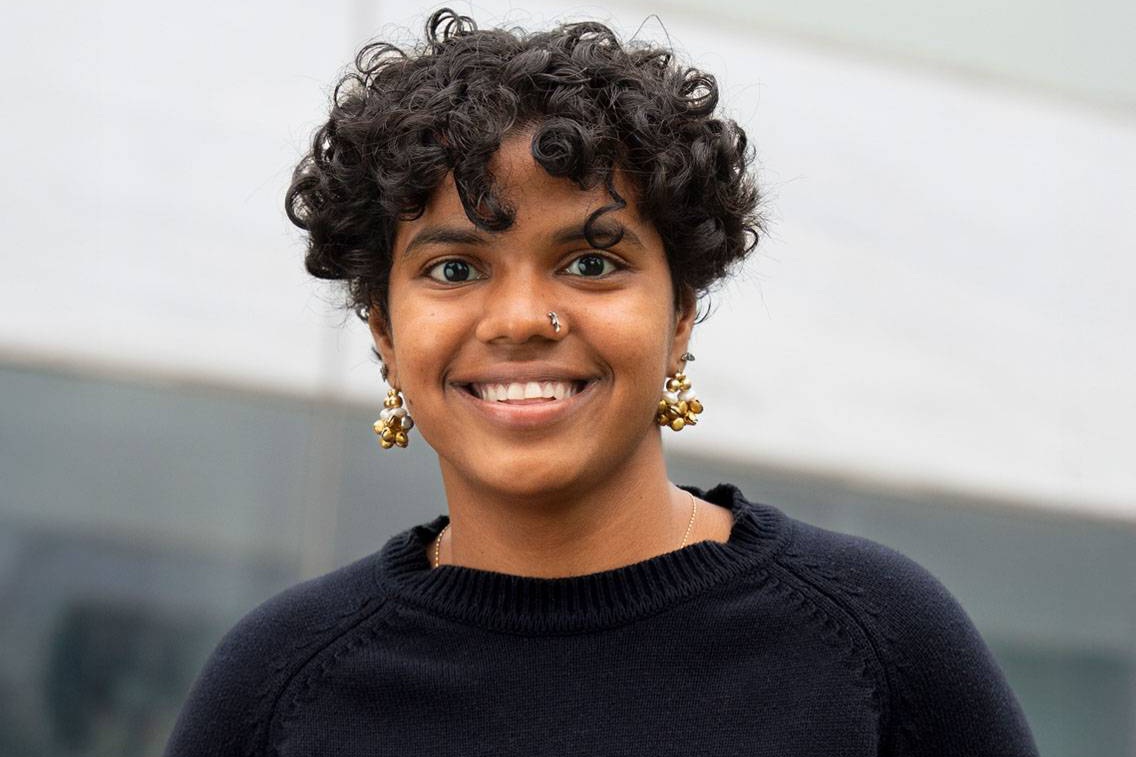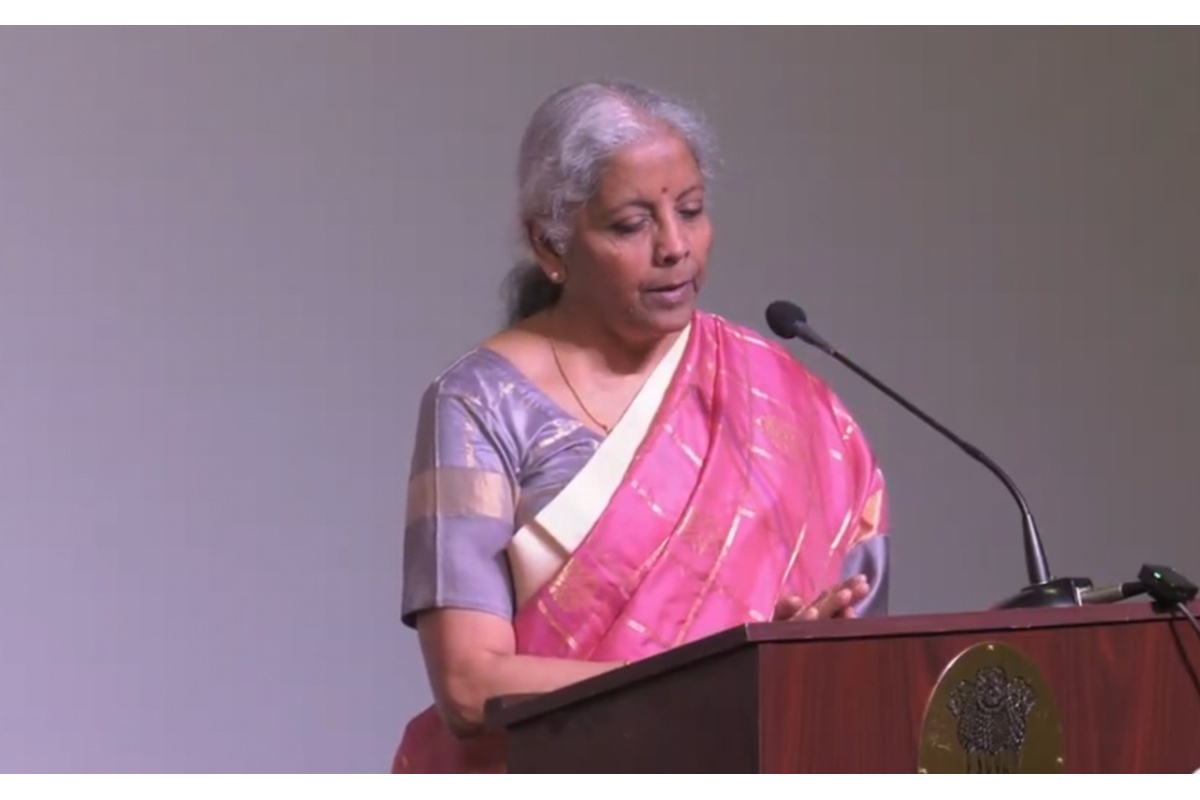Adopted from India, this Princeton senior explores link between poverty and mental health
-
 Pranavi Sharma
Pranavi Sharma - Tue, 24, Jun 2025
- 02:01 EDT
- 333
 Kajal Schiller. / Princeton University
Kajal Schiller. / Princeton University
Kajal Schiller, who was adopted from India at age six, spent part of her early childhood living on the streets. Years later, as a Princeton senior majoring in psychology with a minor in statistics and machine learning, she turned to those formative experiences to guide her thesis research on how socioeconomic status affects decision-making.
Schiller designed a computer simulation game to explore whether people from different income levels approach problem-solving differently. Her study asked Princeton students to decide how many objects to view before identifying their category, a task meant to model real-world decisions about whether to use available resources — such as mental health services.
This post is for paying subscribers only
SUBSCRIBE NOWRelated
ADVERTISEMENT
ADVERTISEMENT
Latest News
- India’s budget 2026–27: Roadmap for growth,... 01 Feb, 2026
- Union Budget 2026-27 announces major relief... 01 Feb, 2026
- California’s "Dream for All" program targets... 01 Feb, 2026
- Indians students studying in the U.S.... 01 Feb, 2026
- Major rally across U.S. over Bangladesh... 01 Feb, 2026
- Hindu Americans rally to highlight minority... 01 Feb, 2026
- Manoj Bajpayee calls himself a ‘nervous... 01 Feb, 2026
ADVERTISEMENT
E Paper
ADVERTISEMENT
Video
Login to your account
PREVIEW OF NEW INDIA ABROAD
- Full access
- Unlimited view
- Free weekly E-Paper
- Daily newsletter
Sign in
Please enter something
- Asian Americans
- Biz
- Books
- Canada
- Community
- Culture
- Dating
- Diplomacy
- Diwali
- Editor picks
- Editorial
- Explainers
- Fashion
- Features
- Food
- Immigration
- India
- India Decides '24
- India Independence Day
- Letters to the Editor
- Life
- Maha Kumbh
- Movies+
- News
- Opinion
- People
- Ram Mandir
- Reviews
- Rooted and Roaming
- Sports
- Spotlight
- Tech
- Travel n’ Diplomacy
- Trump 2.0
- UK Votes 2024
- US Elections 2024
- USA
- West Coast


















Comments
Start the conversation
Become a member of New India Abroad to start commenting.
Sign Up Now
Already have an account? Login